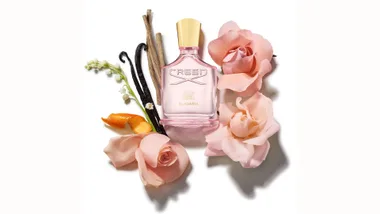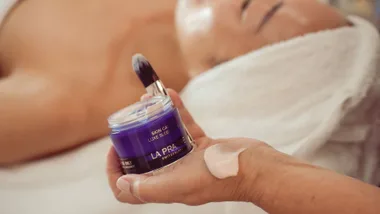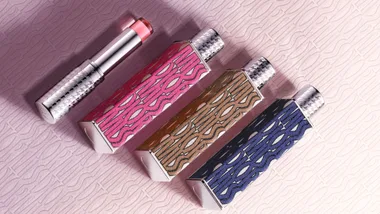As I write this, it’s 37 degrees in Sydney. The combination of heat, humidity and (let’s be honest) more champagnes than usual can make summer skin a far cry from the bronzed images we see on Instagram – think less glowy and gorgeous; more shiny and spotty.
But it is possible to have clear skin all summer – you just have to go about it the right way. Just ask consultant dermatologist Dr Eleni Yiasemides, who details the best approach to combating oily skin below.
What’s the biggest mistake people make when treating acne and oily skin?
“The first one is that you don’t need to have an expensive or complicated skin regime to get clear skin. Yes, the whole package is really important – I tell my patients it’s like baking a cake. You have to follow the recipe and unfortunately you can get the ingredients quite wrong. What people tend to do is throw every astringent and anti-oil product on their skin; they’ll use a really harsh cleanser and harsh toner or treatment product and then they’ll use a scrub or an acne treatment that has been prescribed by their doctor, and then they don’t moisturise their skin with an appropriate product. All it does is leave the skin all blotchy and irritated. Paradoxically, by stripping the oil, the body tries to compensate by producing more and more, and then you’ve got this really horrible combination skin, which is dry and oily – not what you want.”
What active ingredients keep oily skin under control?
“There are some key ingredients you can get in products without a prescription for treating oily skin and acne. The first that a lot of people find very useful is Benzoyl Peroxide. The Benzac range contains benzoyl and I find it’s really good at reducing oil, reducing bacteria on the skin as well as unclogging blocked pores and blackheads. The Benzac Excess Oil Control Moisturiser is very good at absorbing oil, for instance, while still hydrating the skin.
Then we’ve got beta hyrdoxy acids (BHAs), the most common of which is salicylic acid. You can find BHAs in a range of cleansers, serums and products you can use on the skin. They are mainly good at unclogging blocked pores and reducing oil on the skin. Then there’s alpha hydroxyl acids (AHAs), the most common being glycolic acid and lactic acid, and again they’re in a range of different products.”
Another anti-oil and anti-acne ingredient is azelaic acid. Look for it in serums and cleansers – it also has anti-inflammatory effects, which unfortunately goes hand in hand with a lot of these conditions. Lastly, niacinamide (AKA vitamin B3) is massive in the cosmeceutical world right now because it’s got anti-ageing, anti-inflammatory and anti-pigmentation effects. It’s found in Olay’s anti-ageing range, for instance.
Is it best to use a cleanser, serum or moisturiser with these active ingredients?
“I would recommend with these sort of active ingredients that people look for serums with the highest concentration. Then use more appropriate cleansers and moisturisers to balance the skin so it’s not oily and it’s not dry and it doesn’t impair the barrier function of the skin.”
What make-up should women concerned about oily skin be using?
“I recommend my patients stick to oil-free liquid foundations. I’m always quite careful about powders. There’s lots of loose powders you can get that have an all-absorbing effect, but you’ve got to be very light with the application and you want to use loose powder, rather than pressed powder, or any cakey sort of make-up, because you’ll just get more blackheads and blocked pores that way.”










